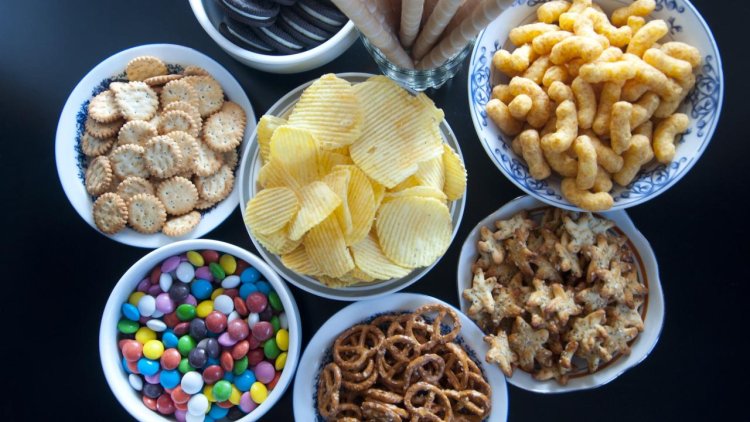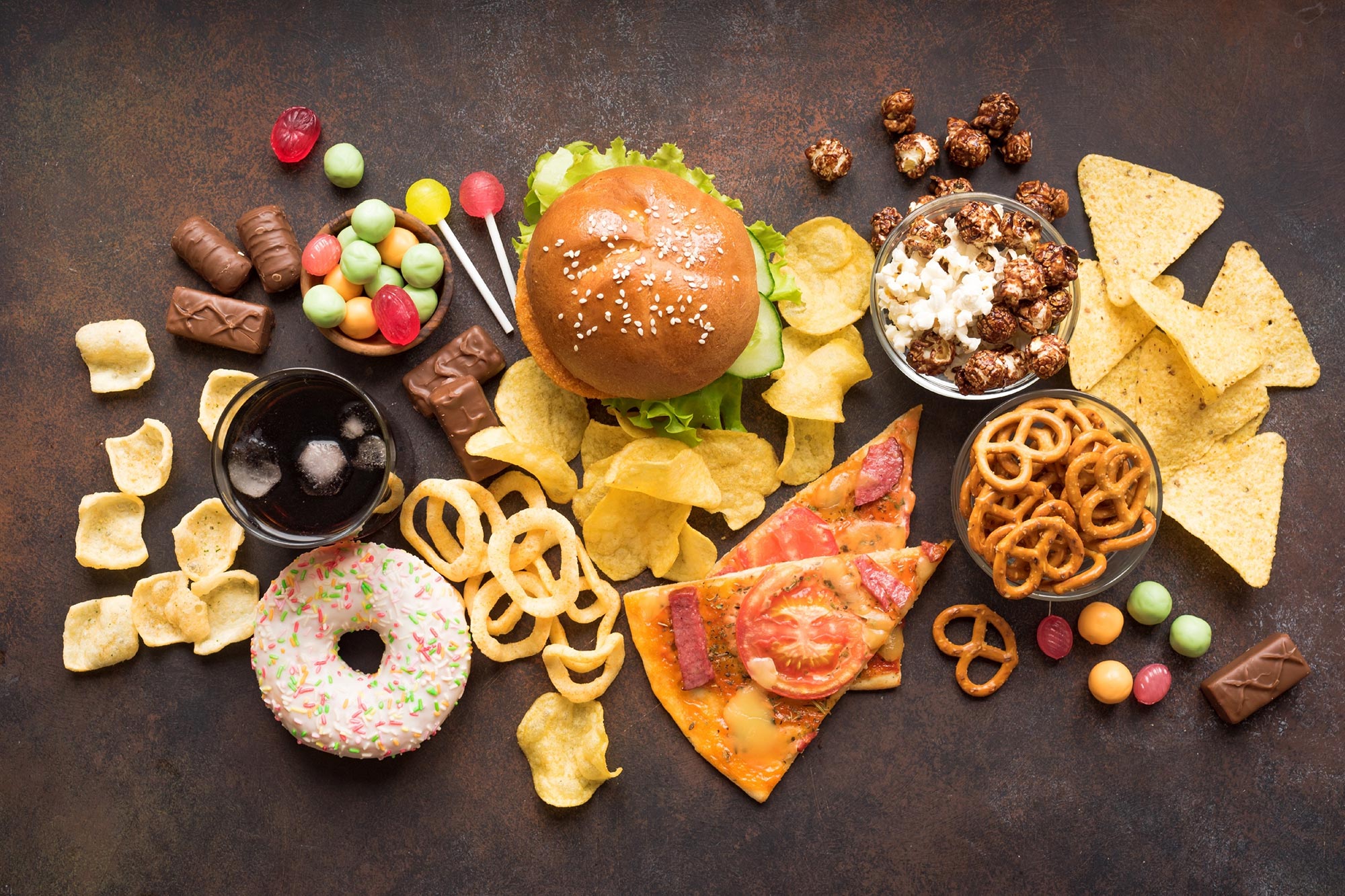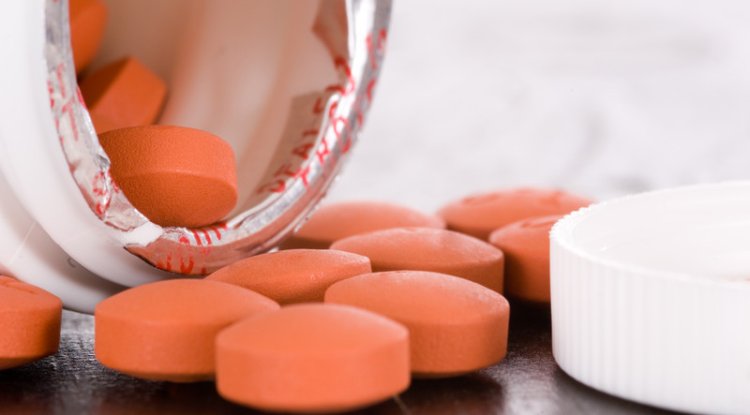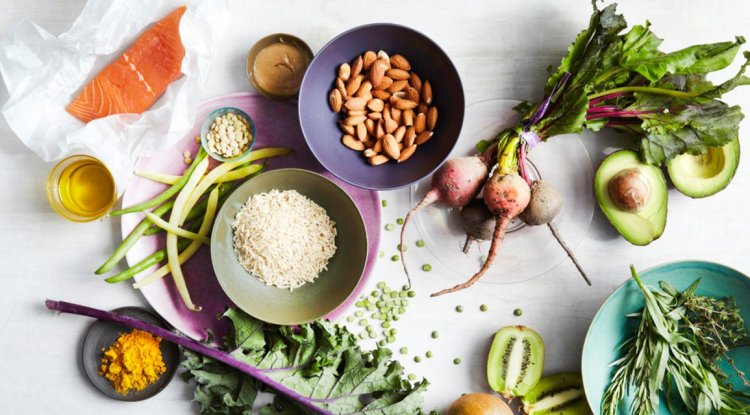What Are Ultra-Processed Foods and Are They Really That Bad for Us?
You’ve probably heard it a million times: “Eat less processed food.” But what does that actually mean? Is your morning toast “processed”? What about canned beans? And where does the line cross into ultra-processed territory? Let’s break it down.

What Counts as Processed vs. Ultra-Processed?
They frequently only have a few extra ingredients. For example, canned veggies, tinned tuna, fruit in syrup, or freshly baked bread.
Ultra-processed foods are a different story. They’re usually a mix of extracted substances (like refined starches, oils, or added sugars), along with preservatives, stabilizers, or artificial flavors and colors. These are the packaged, convenience-heavy foods you’ll find in the middle aisles of the grocery store: frozen dinners, sodas, chips, hot dogs, packaged cookies, or fast food.
Here’s a striking fact: according to The BMJ, ultra-processed foods make up nearly 58% of calories eaten in the U.S. and almost 90% of the added sugars we consume.
How Do Ultra-Processed Foods Affect Health?

A growing body of research suggests the way these foods are made — not just what’s in them affects how our bodies respond.
The calorie trap. A small but fascinating study published in Cell Metabolism compared two diets: one made almost entirely of unprocessed foods, the other mostly ultra-processed foods.
Both diets were matched for calories, fat, protein, carbs, fiber, sugar, and sodium.
After two weeks, participants gained an average of 2 pounds on the ultra-processed diet, and lost 2 pounds on the unprocessed one.
Heart health concerns. Another large study from The BMJ followed 100,000+ French adults for five years. The more ultra-processed foods people ate, the higher their risk of cardiovascular disease, even after accounting for factors like sugar, fat, and sodium.
Why Do We Consume Too Many Highly Processed Foods?
Researchers believe that the way these foods are made matters more than just the contents. Foods that have undergone extreme processing are designed to be extremely appetizing; they may be crispy, salty, sweet, or creamy in ways that make us want more. They are also simple to rely on in hectic daily life because they are quick, convenient, and frequently less expensive.
Should You Cut Them Out Completely?

Not necessarily. Ultra-processed foods are everywhere, and banning them from your diet isn’t always realistic (or necessary). The goal isn’t perfection — it’s balance.
Here are some practical steps that help:
Crowd your plate with real foods. The more veggies, beans, whole grains, and lean proteins you eat, the less room there is for ultra-processed extras.
Be a label detective. The longer the ingredient list especially if it reads like a chemistry set the more likely it’s ultra-processed.
Save them for “sometimes.” Fast food or packaged snacks once in a while won’t ruin your health. It’s the daily reliance on them that adds up.
The Bottom Line
Ultra-processed foods aren’t just “junk food.” They’re carefully engineered products that often make us eat more without realizing it and research suggests that over time, this can raise the Think of it less as restriction and more as making room for the foods that fuel you best.
What's Your Reaction?




















